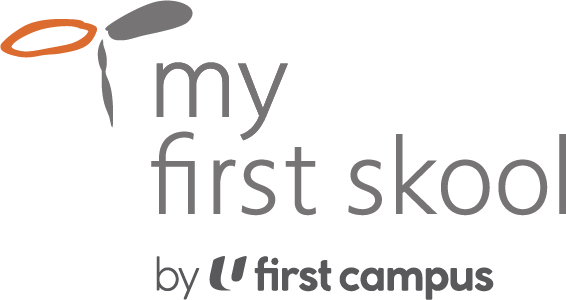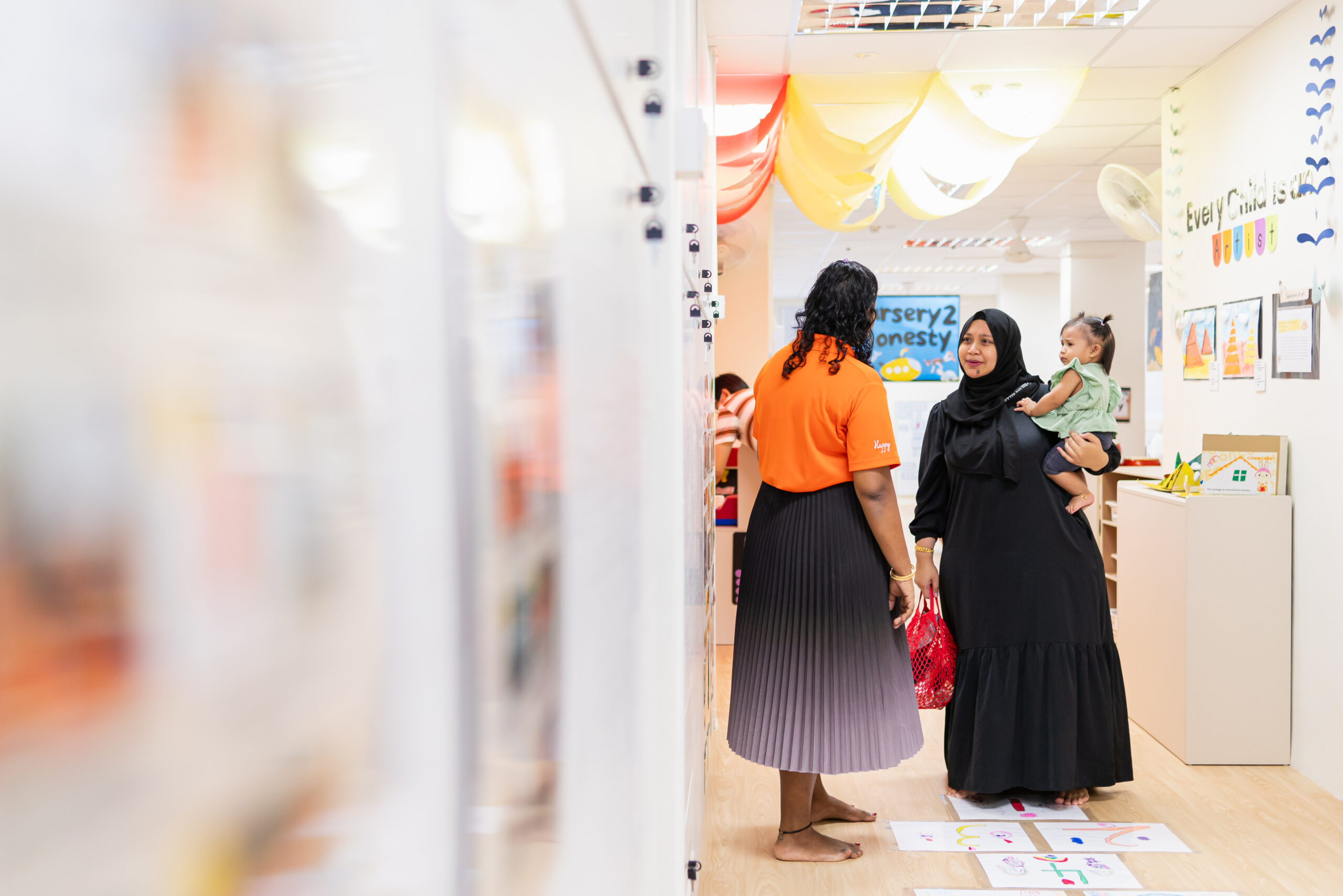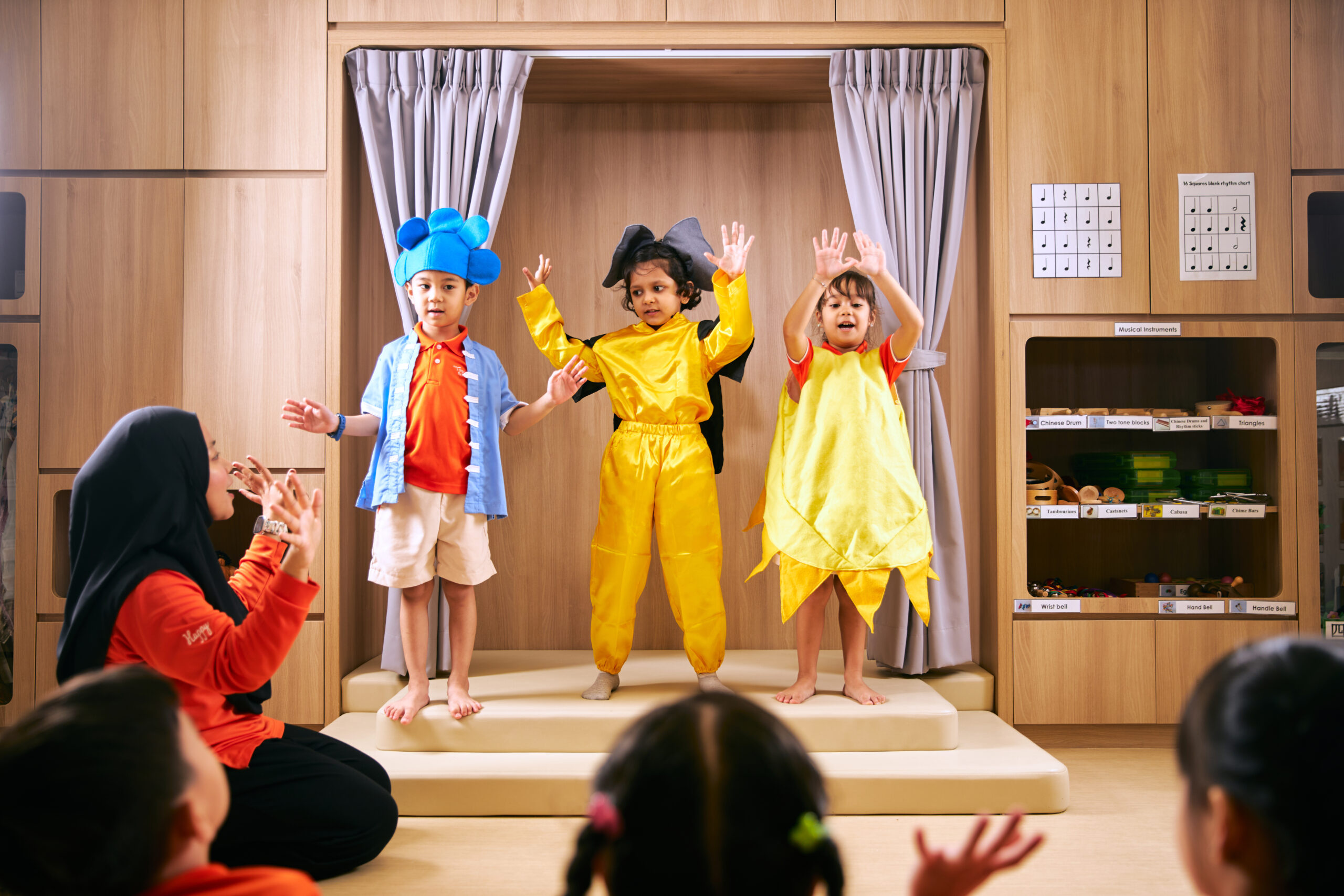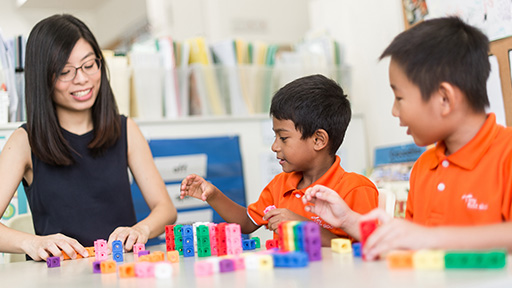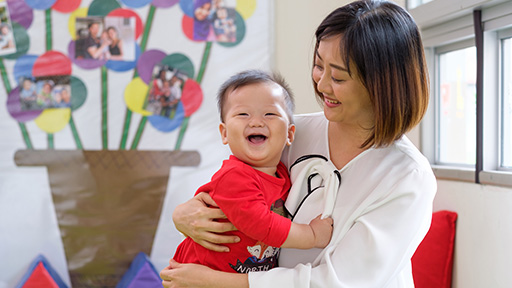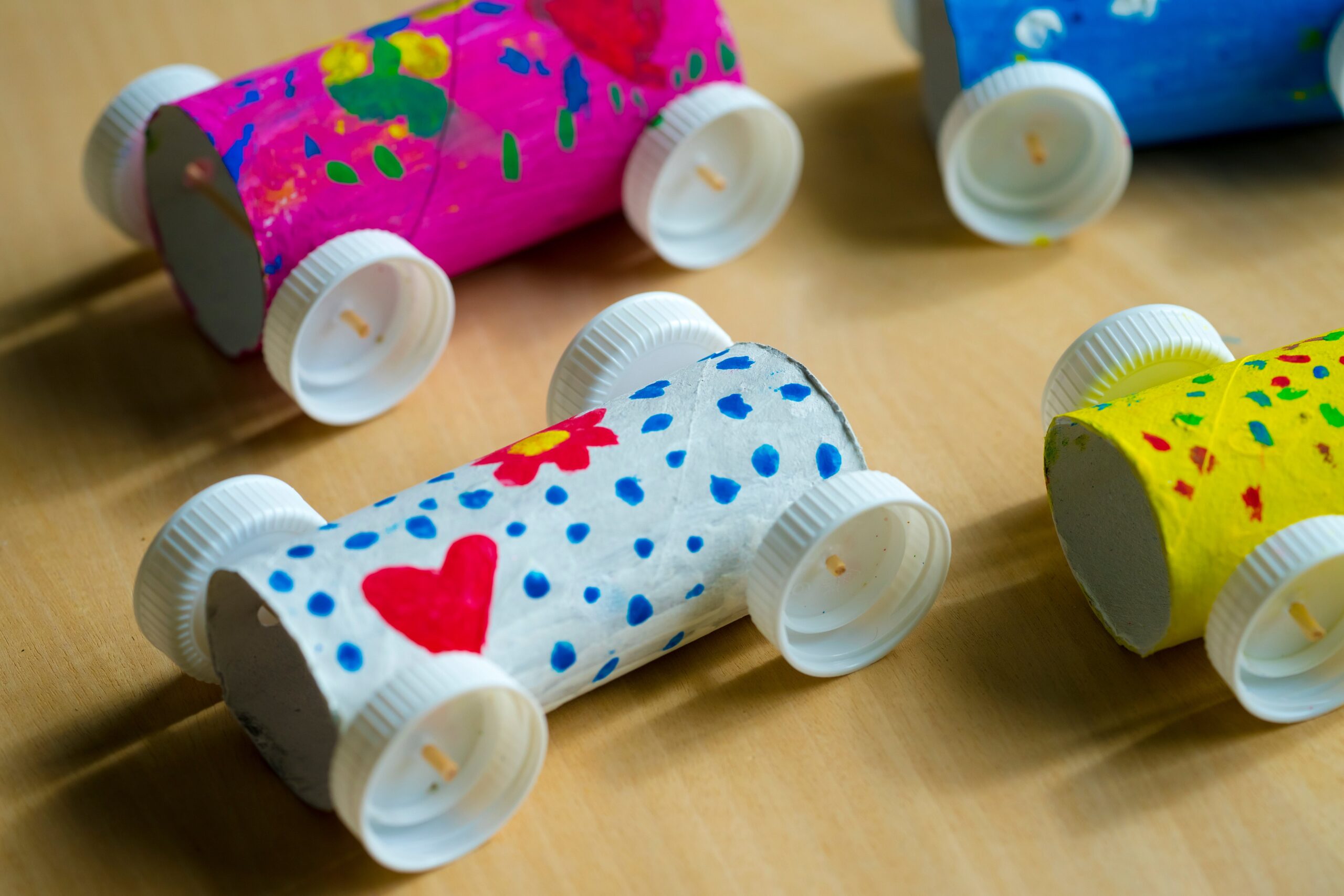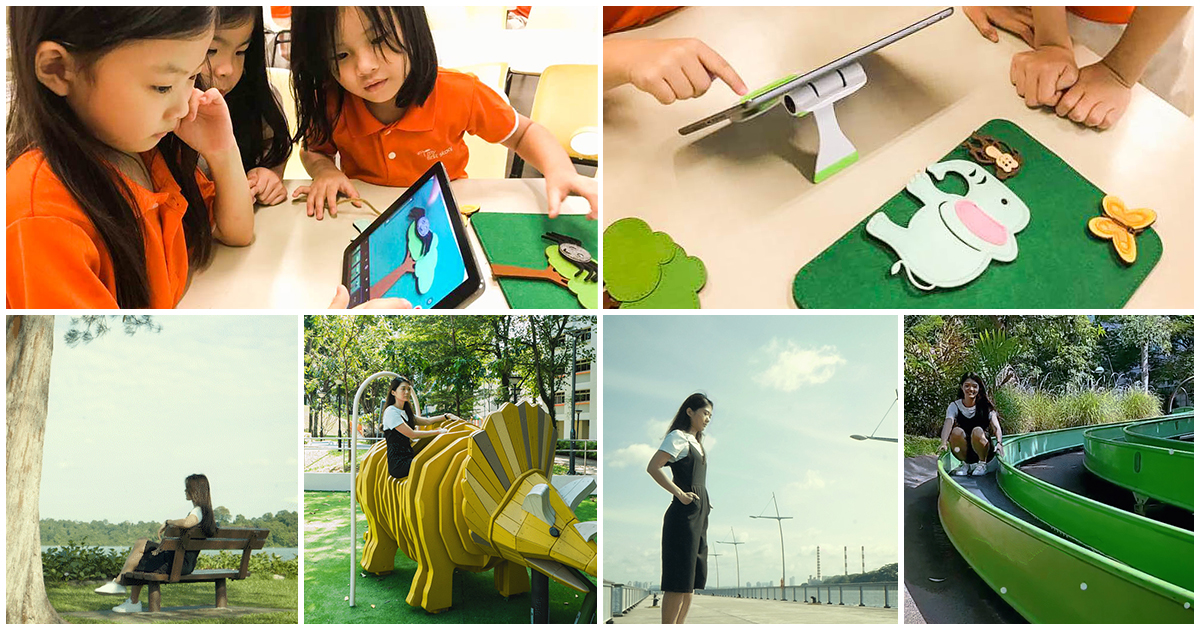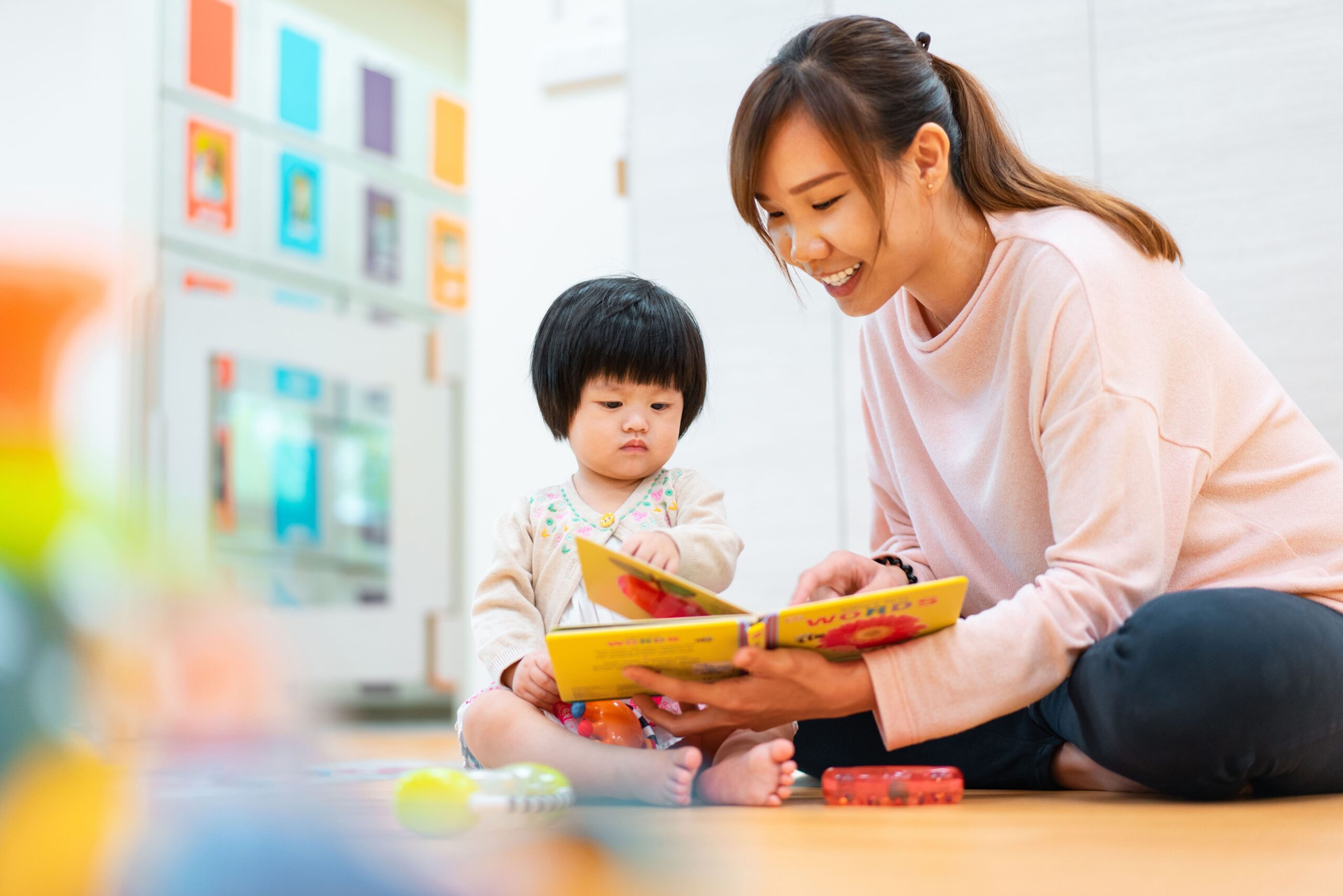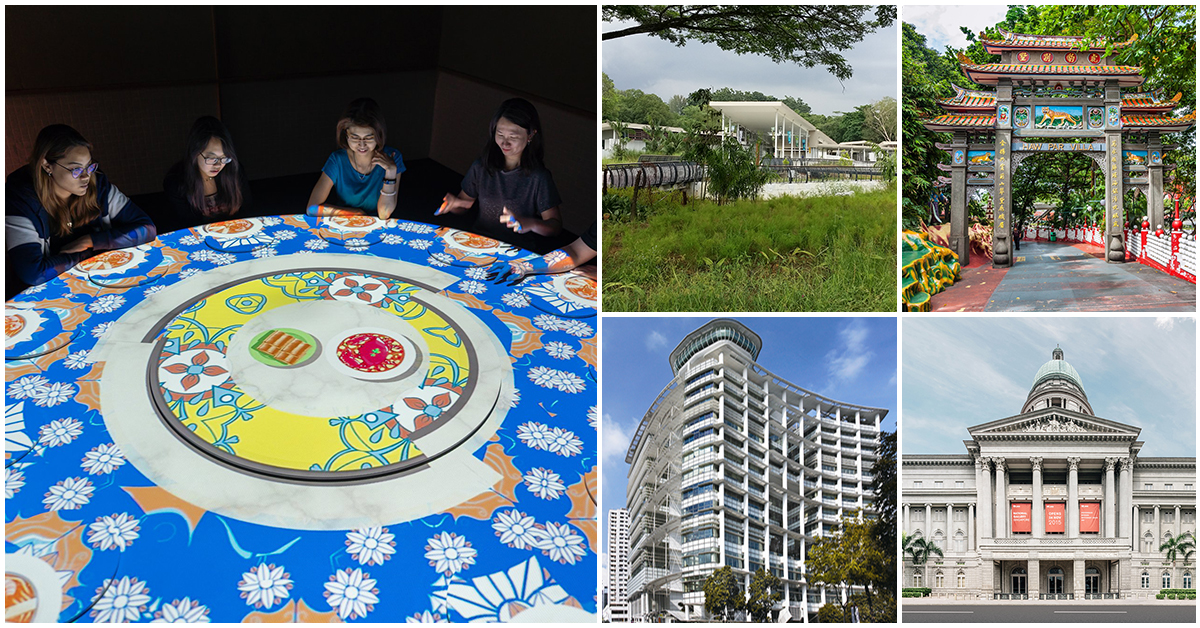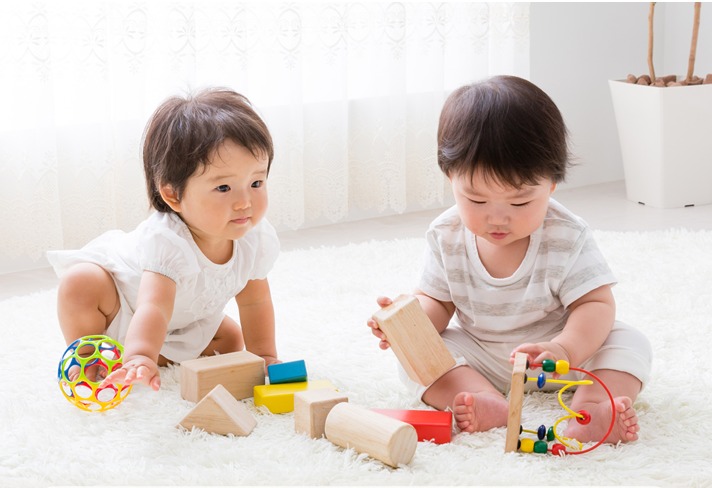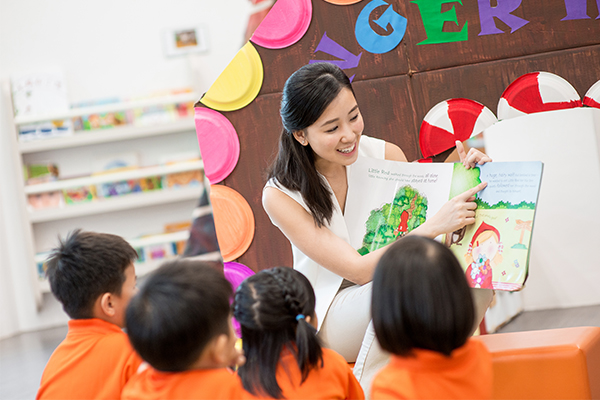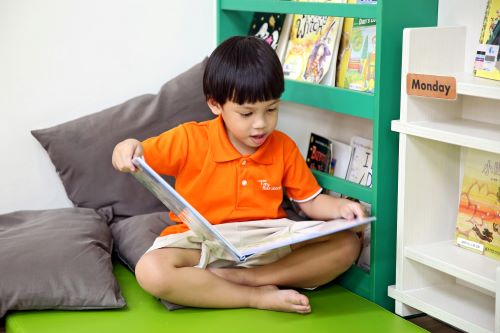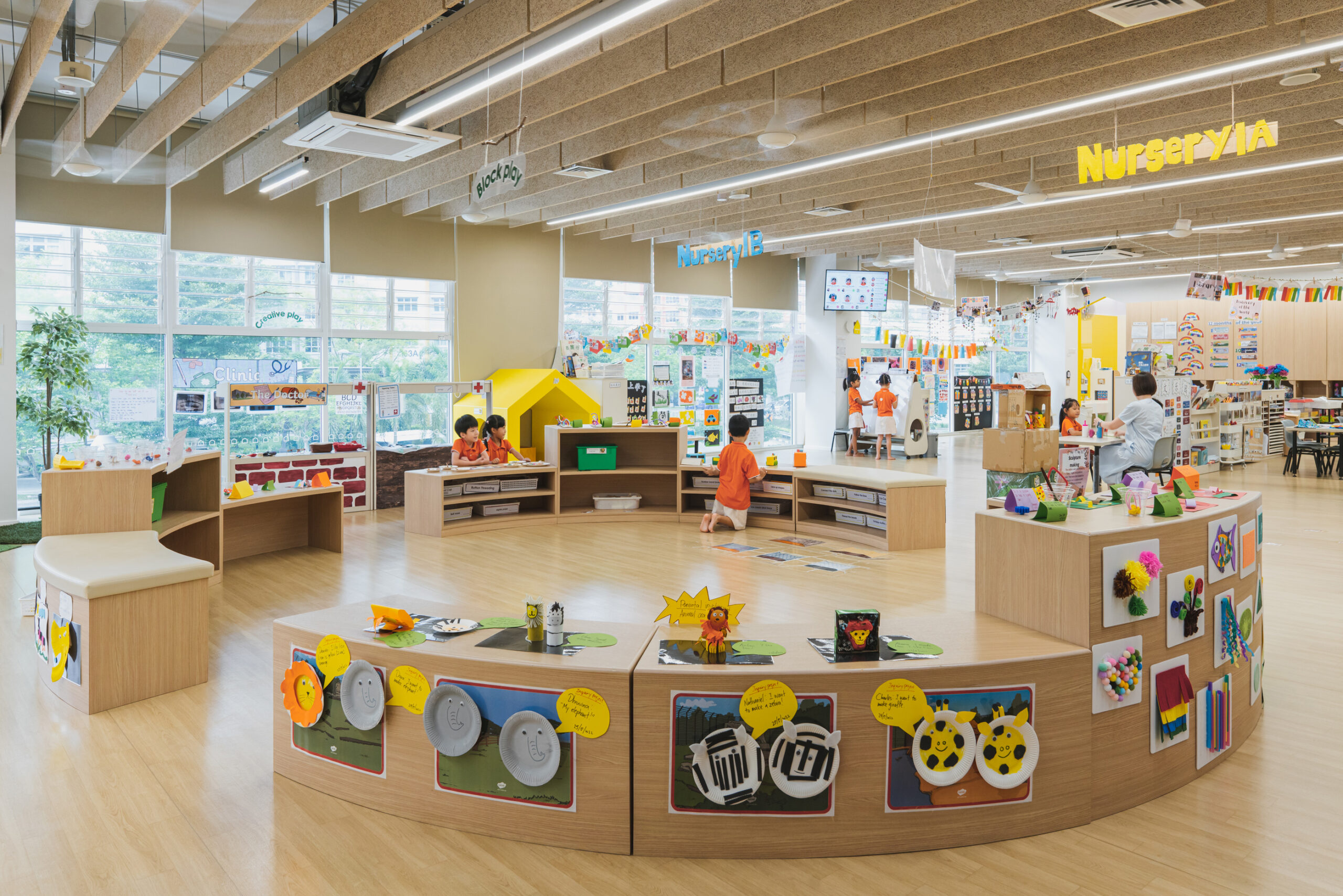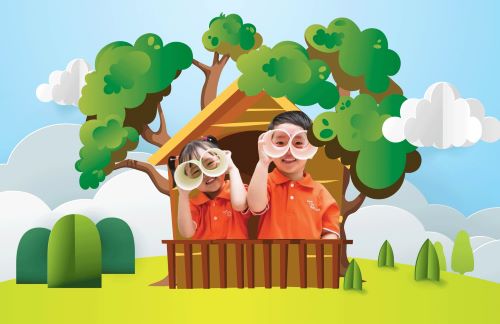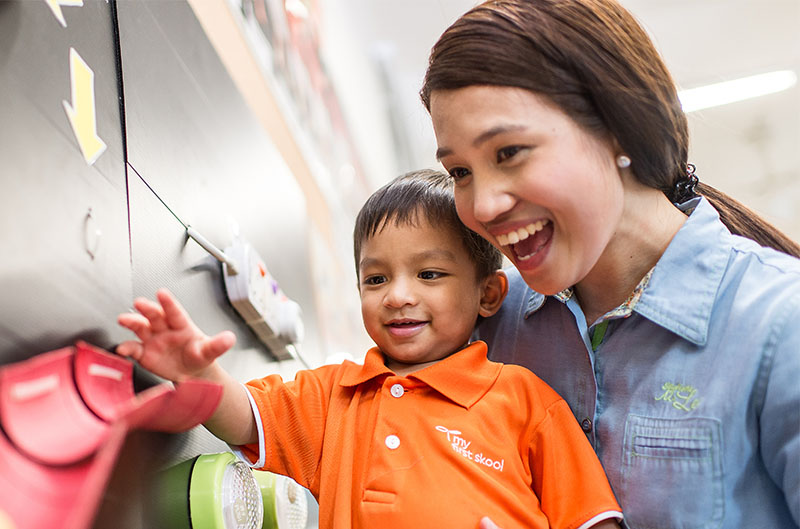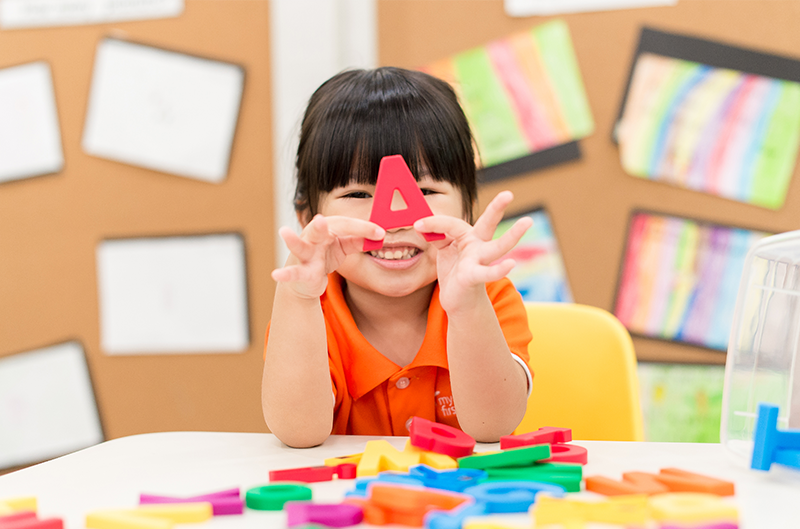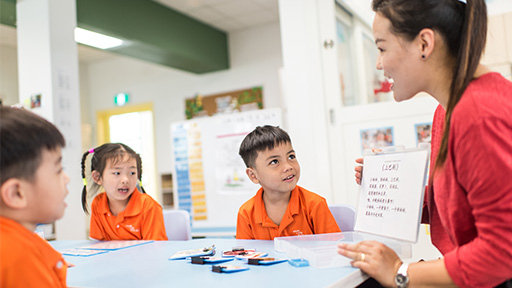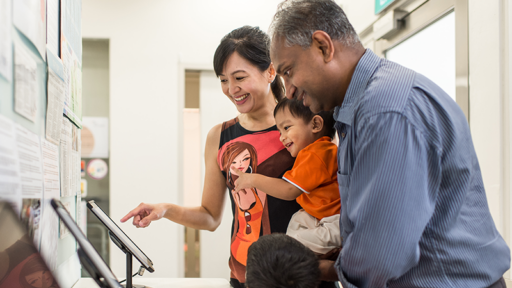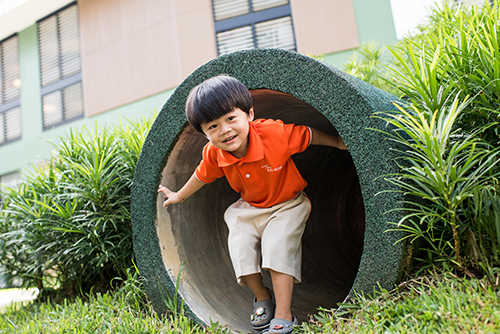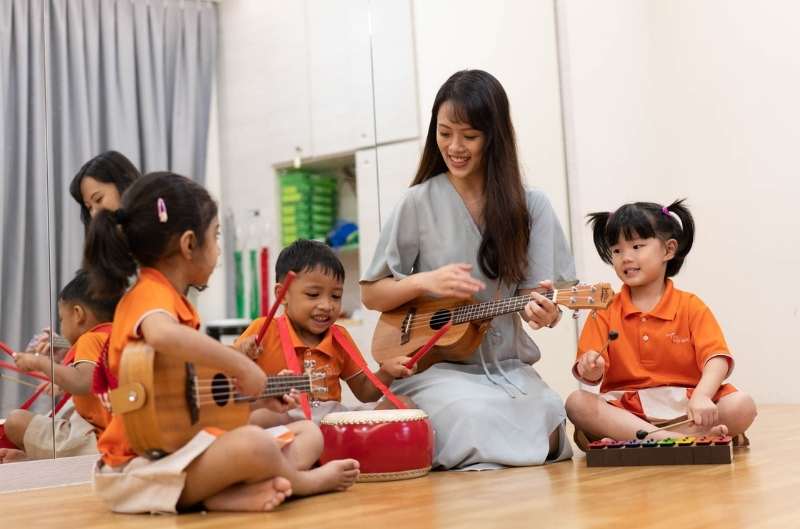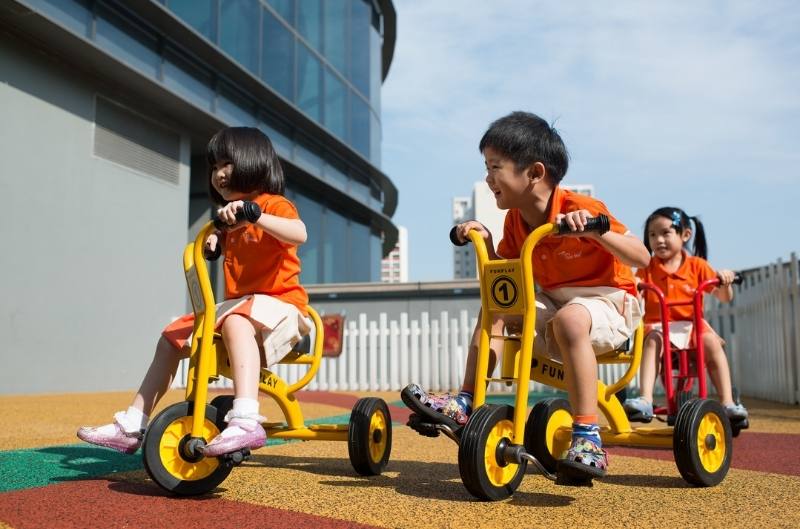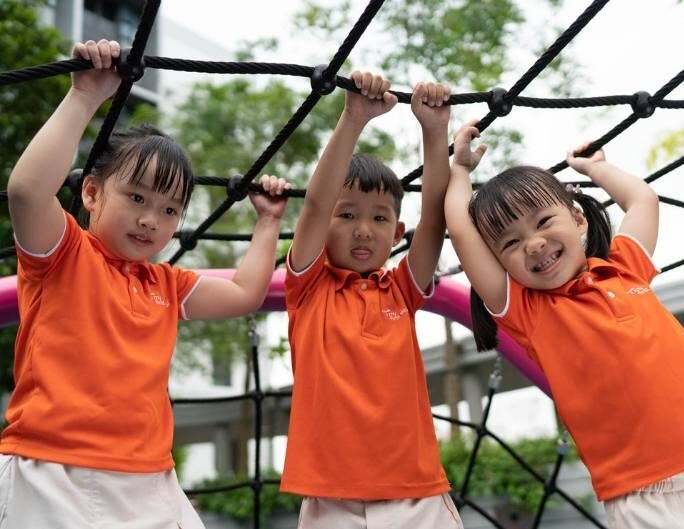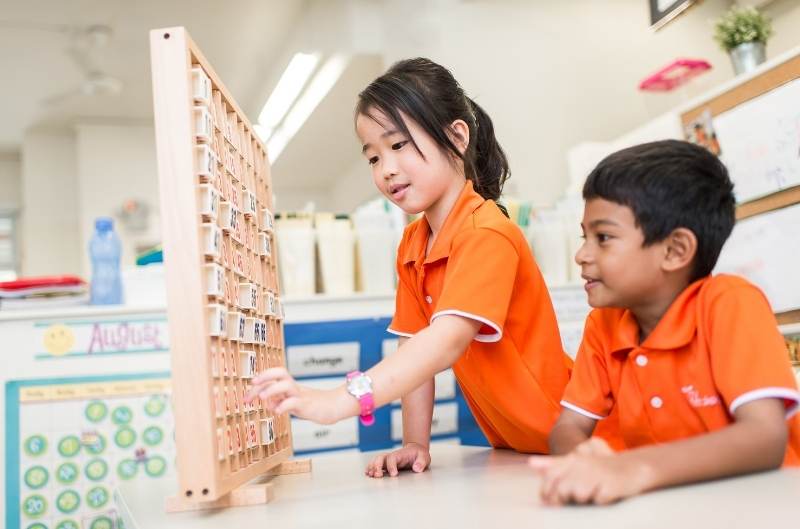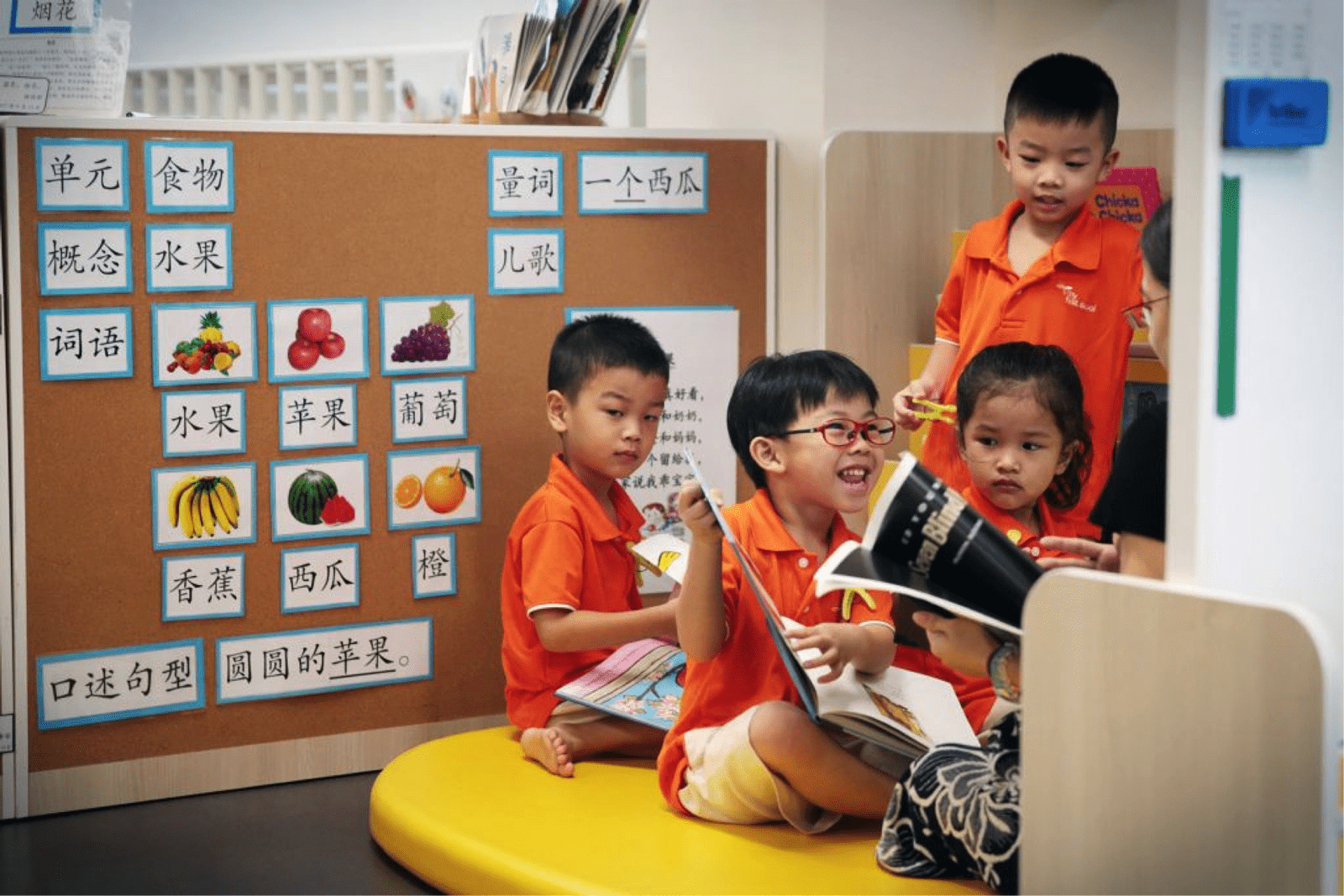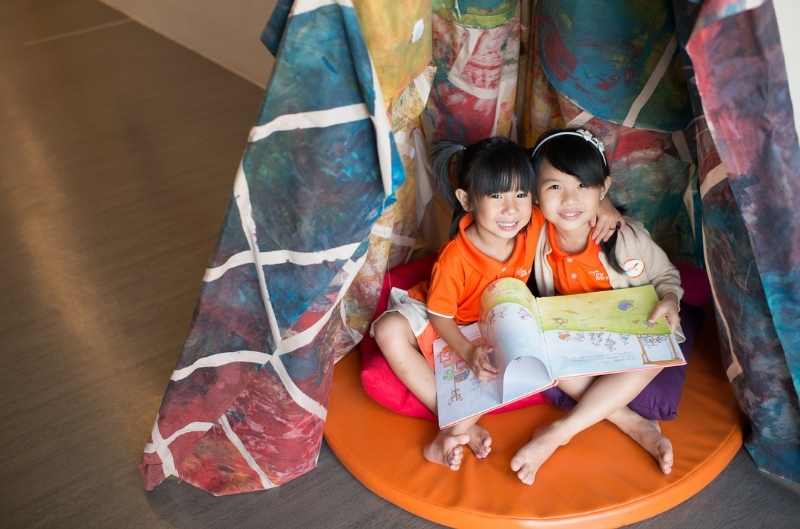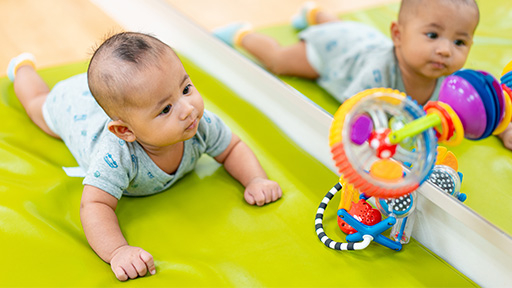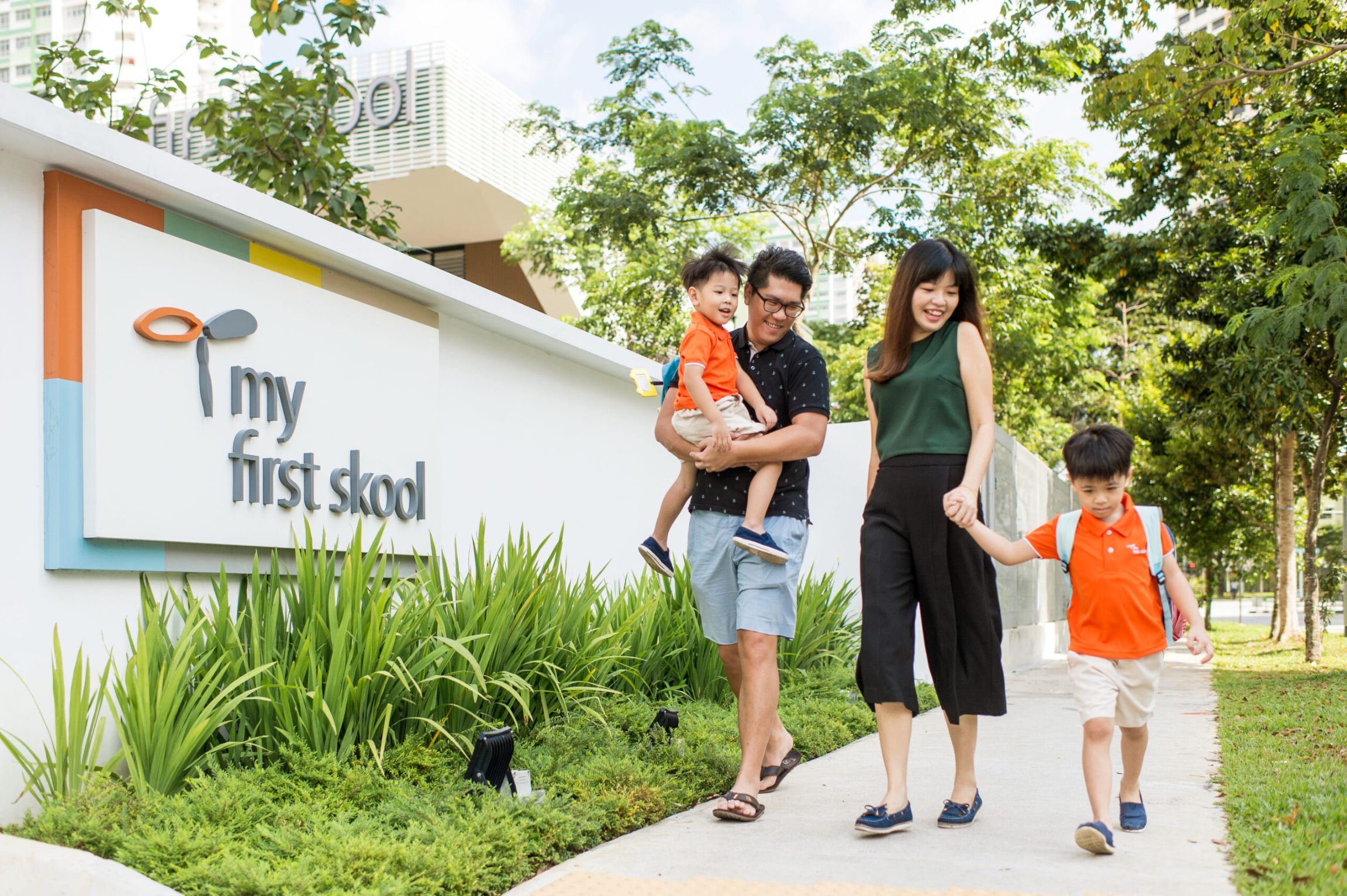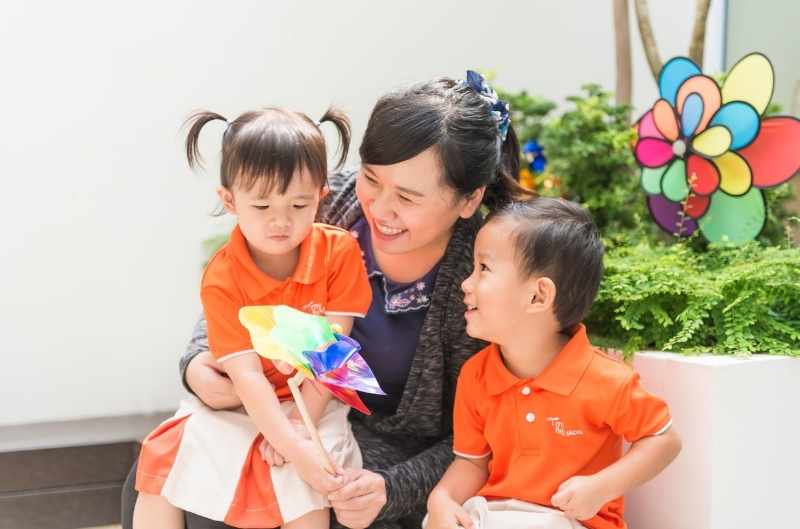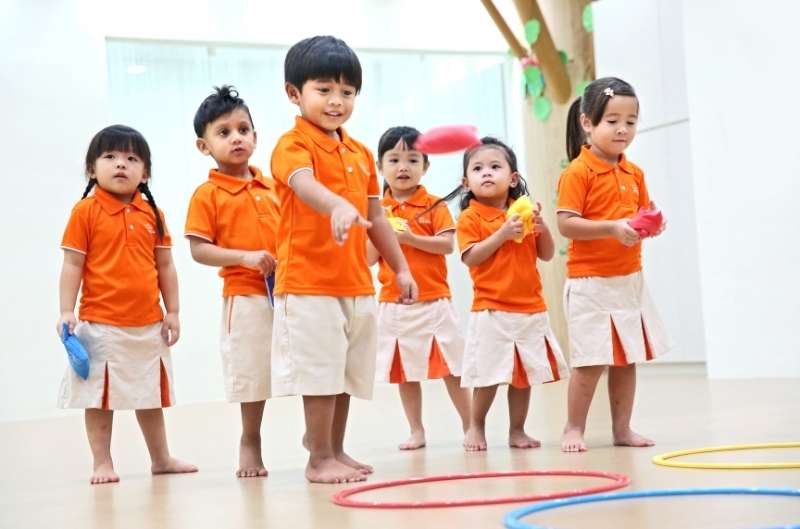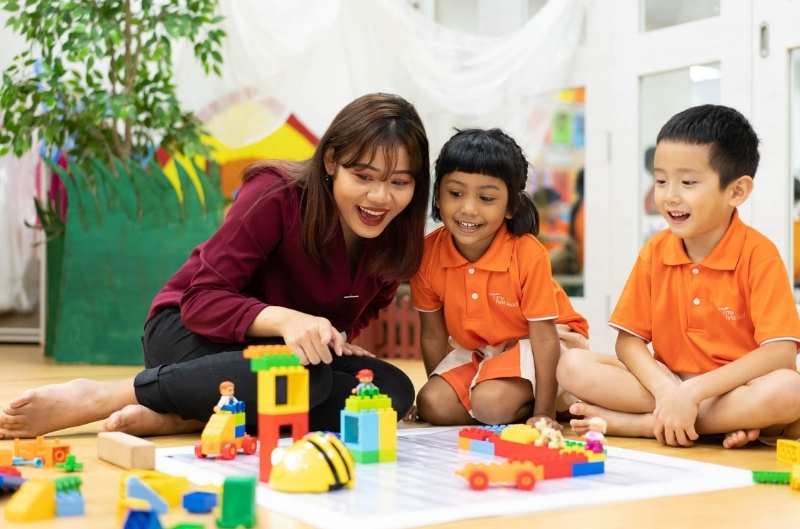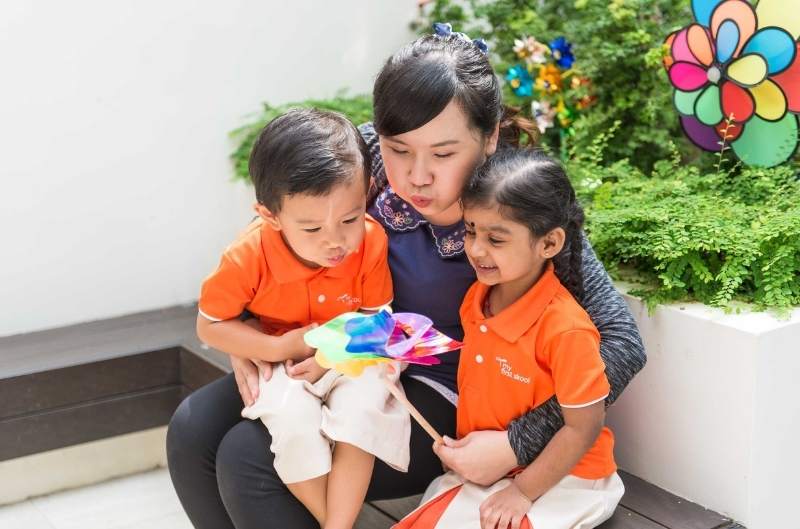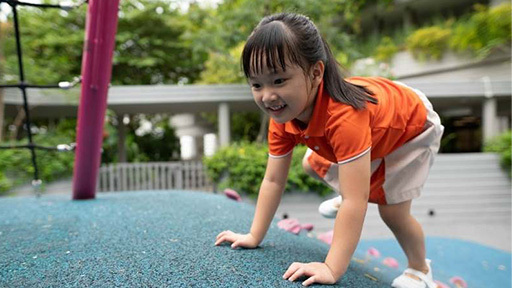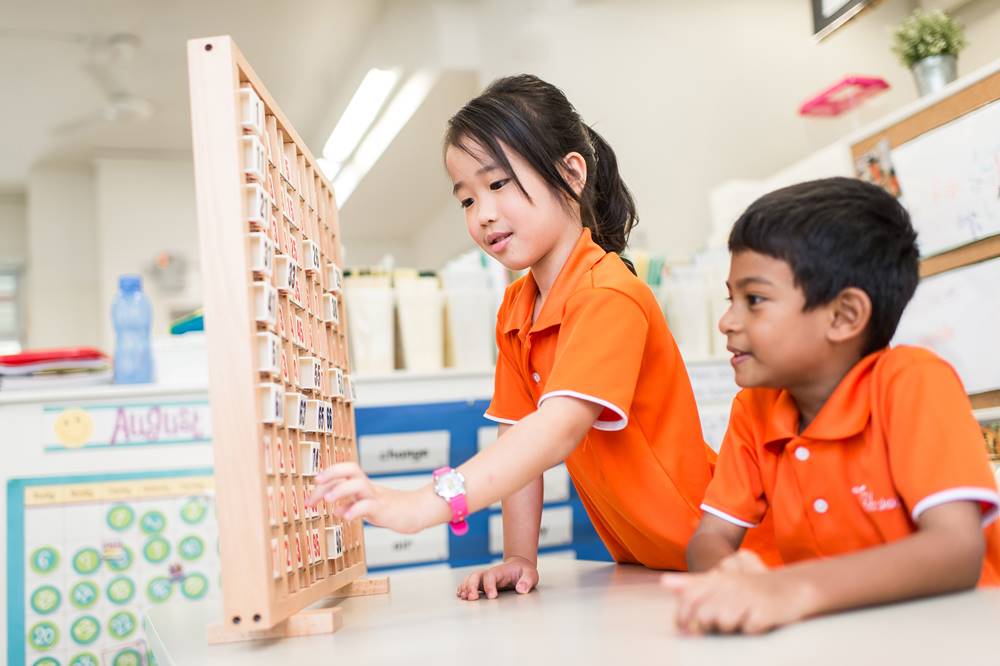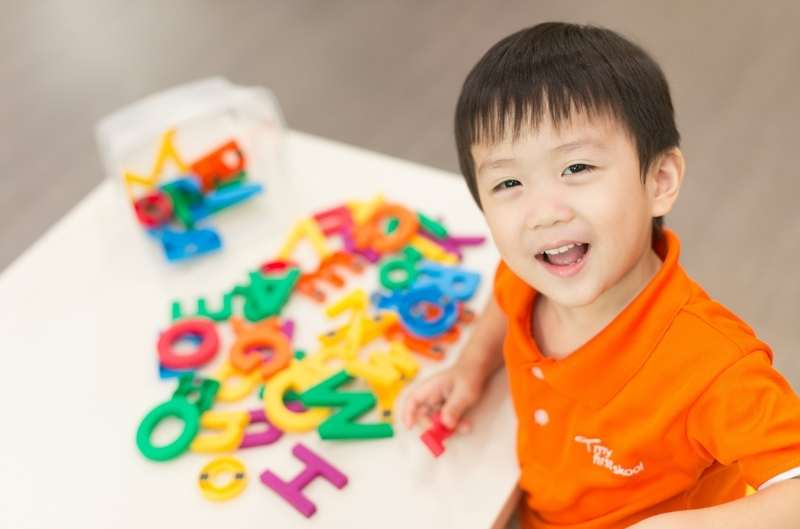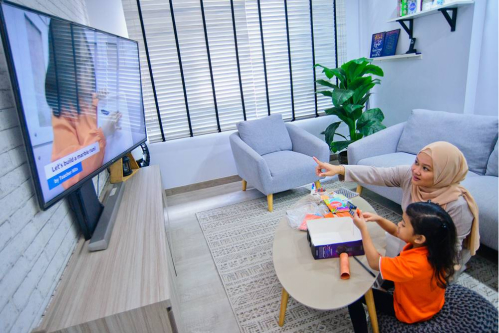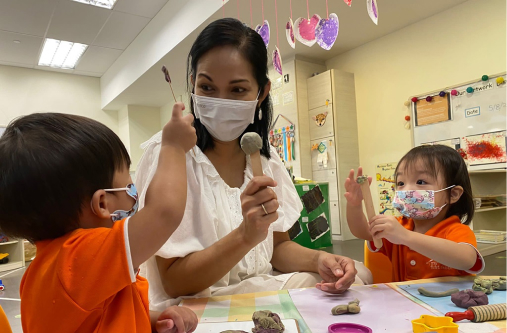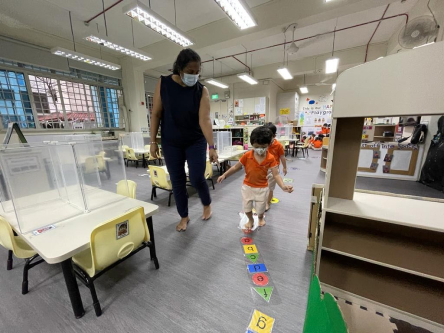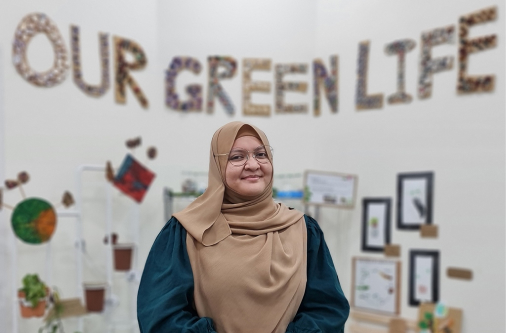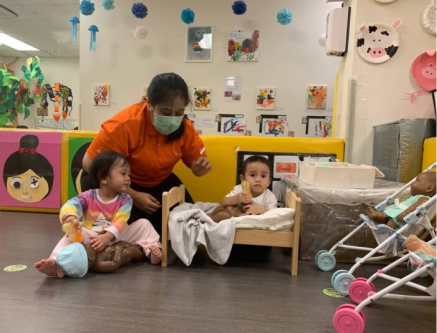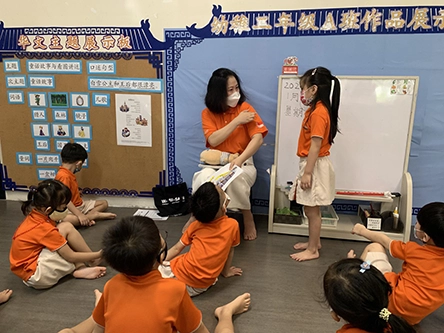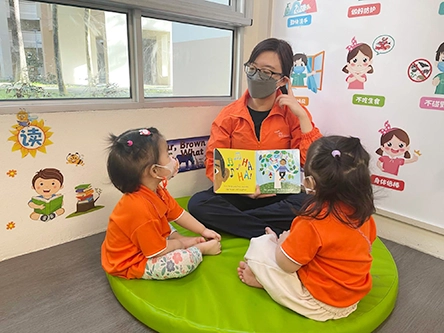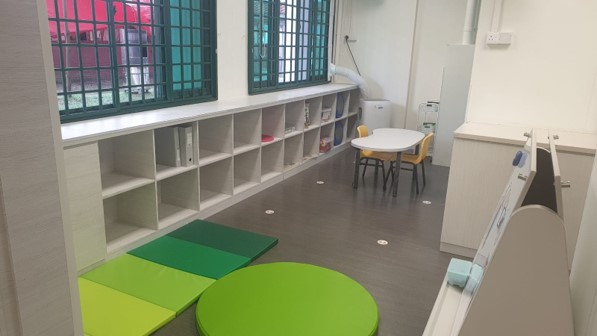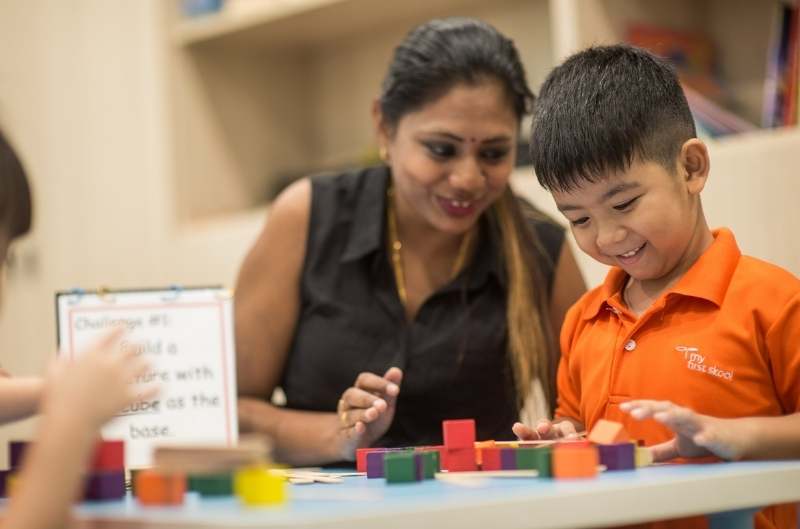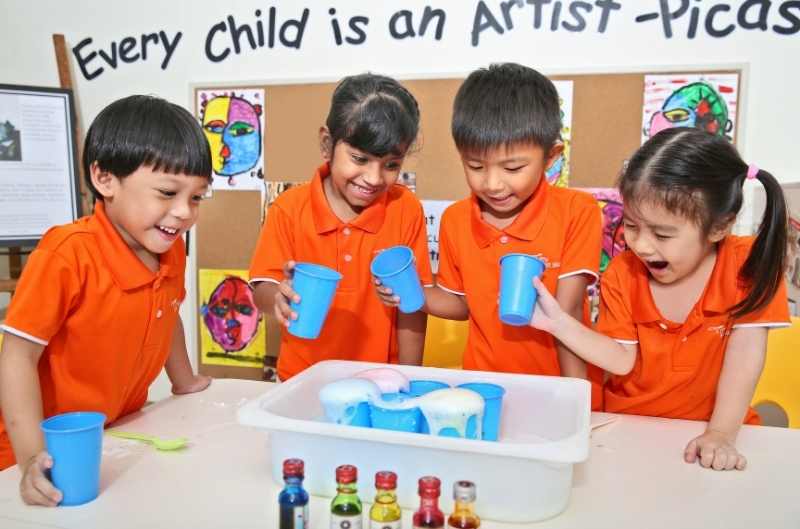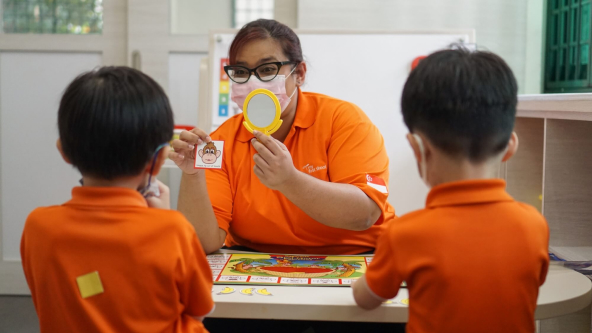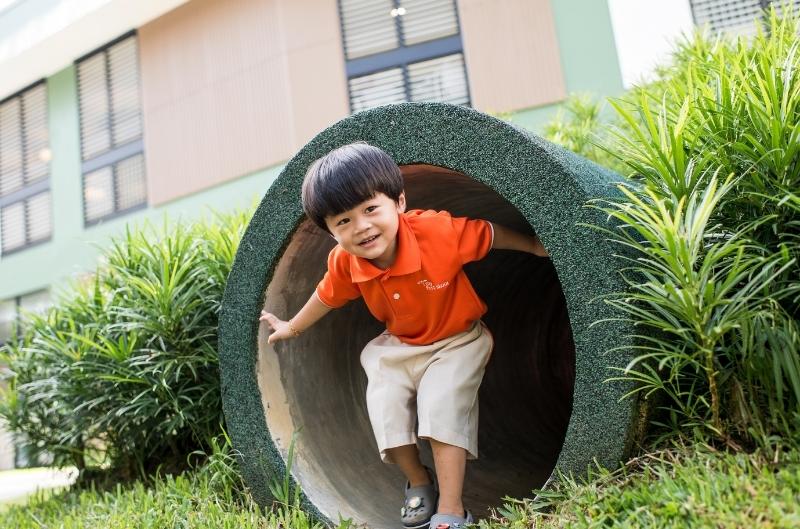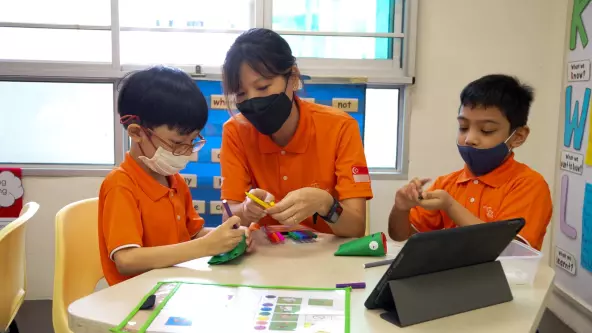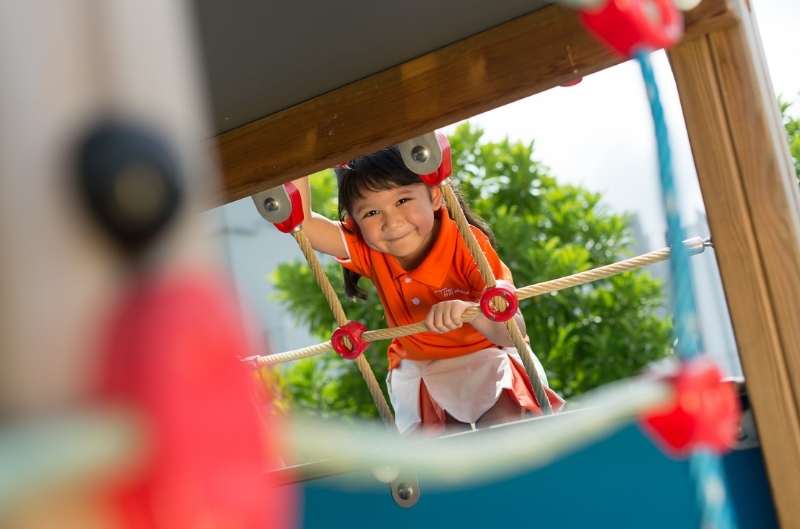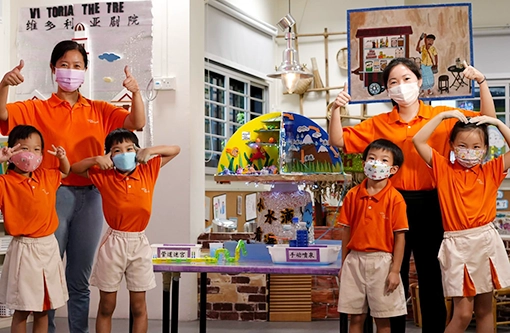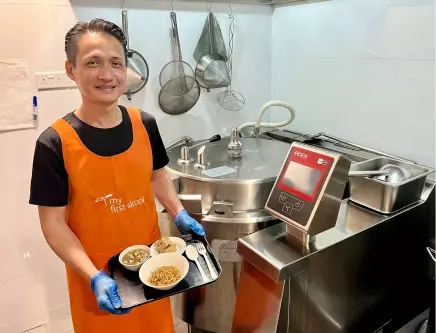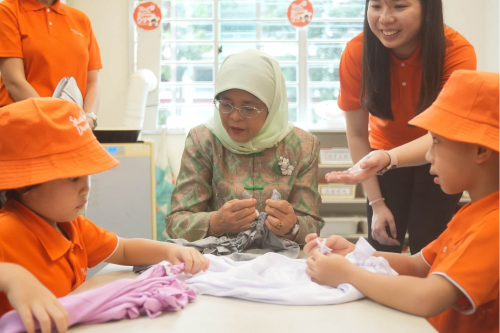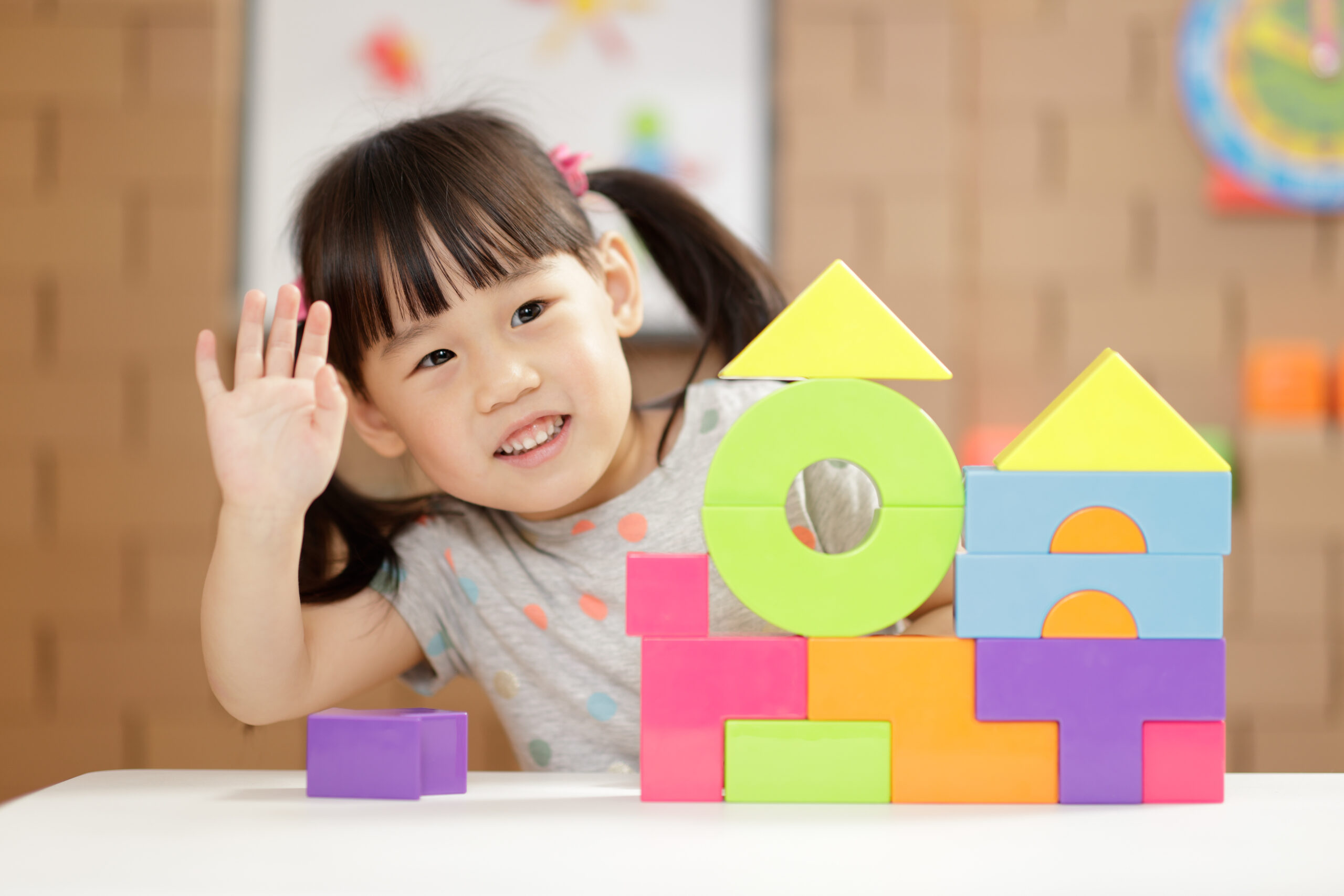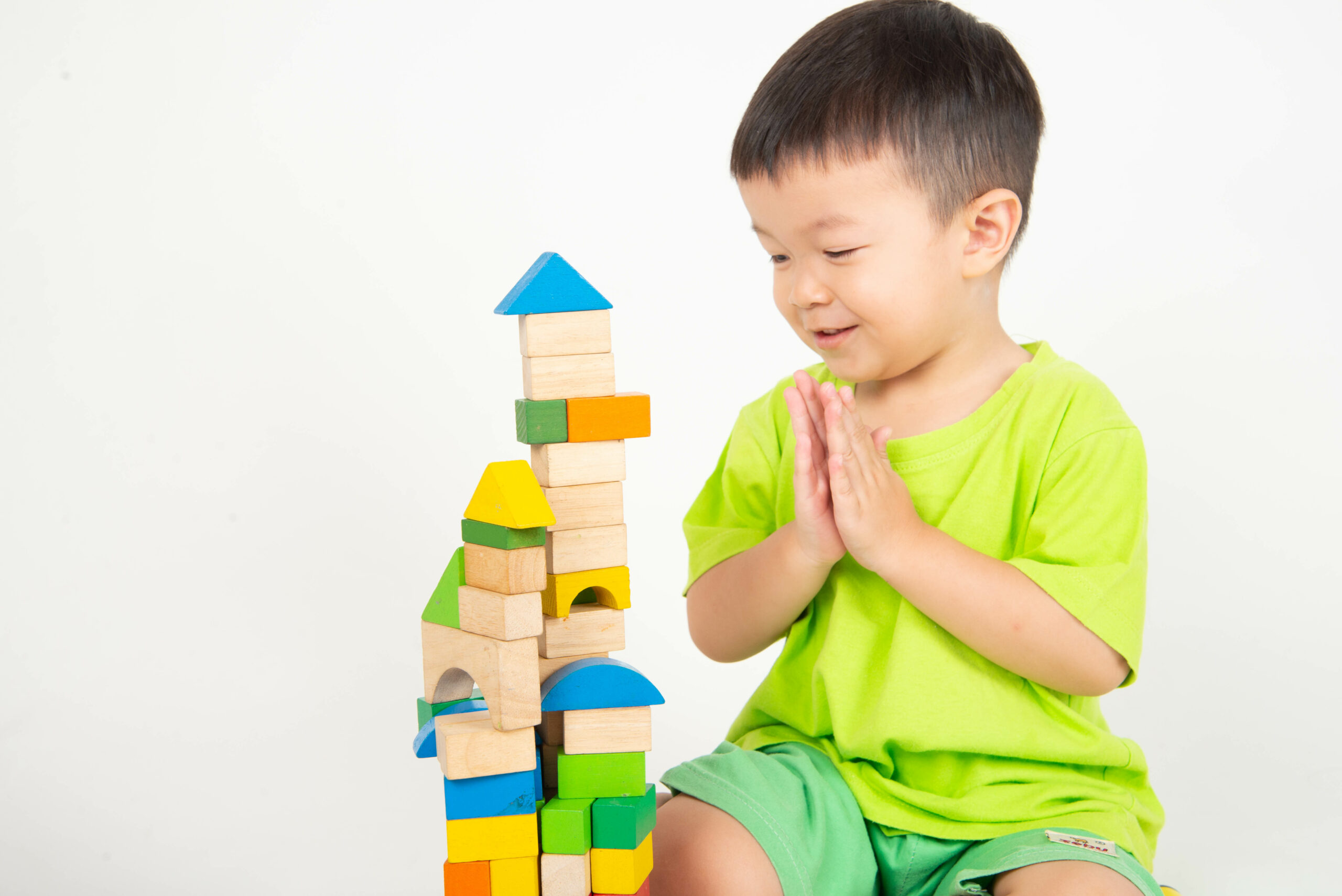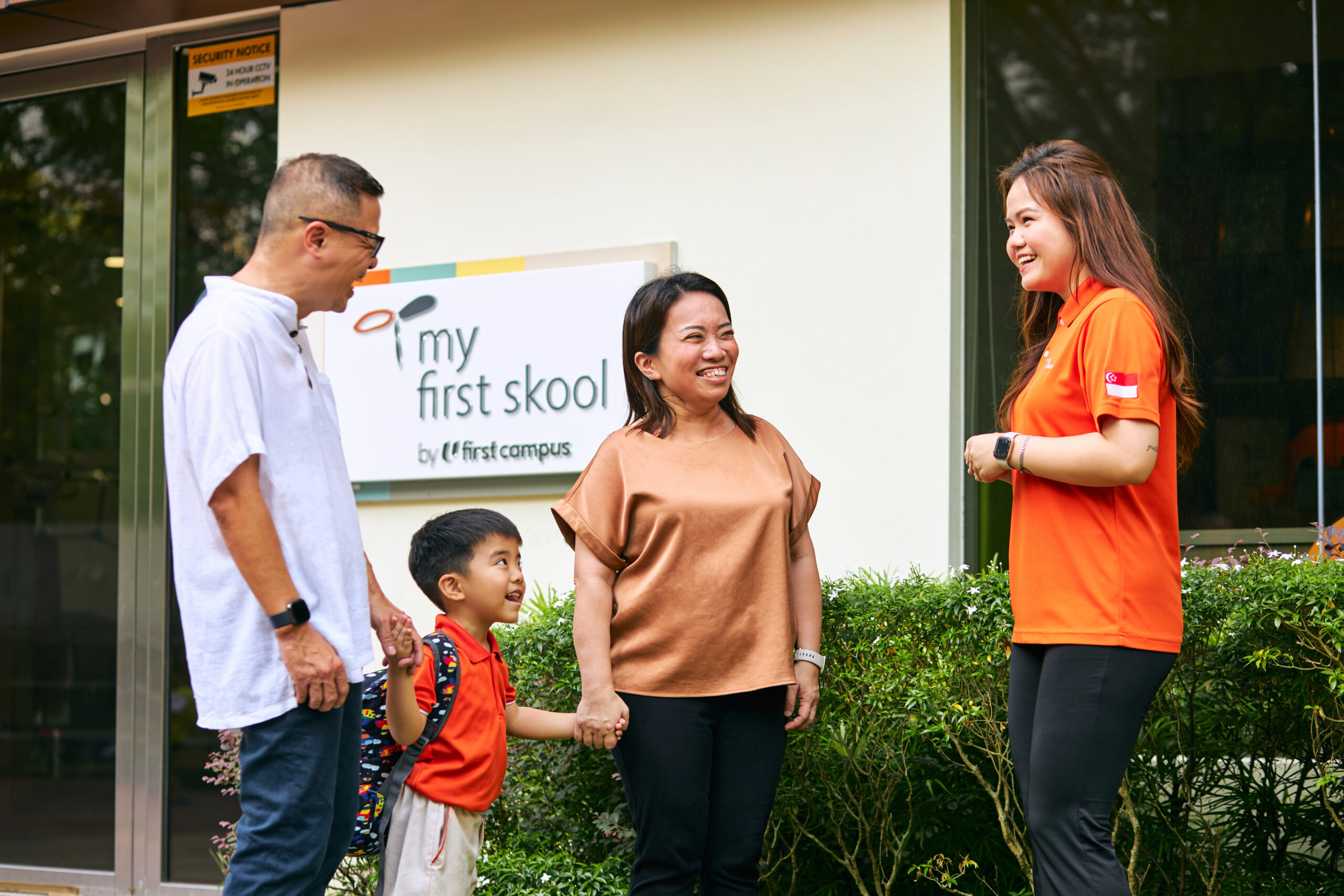How can we help?
8 Questions to Ask When Choosing The Best Preschool in Singapore
Positive Parenting
Since preschool education forms the foundation years for a child, selecting a school can either be exciting for some, and daunting for others. Read on to find out the eight questions you can ask to make your decision-making process easier.
1. What is the school’s educational philosophy?
When shortlisting a preschool, one of the first questions you need to ask would be its educational philosophy, as this determines its teaching methods and curriculum.
An academic curriculum would mean a highly structured approach that focuses heavily on completing worksheets and going by the textbook. A play-based curriculum, on the other hand, is based on the belief that children learn best through play, and gives more time for exploration, open-ended and imaginative activities. This approach allows children to learn how to be independent, have more opportunities to interact more with one another, and pick up important social and emotional skills along the way. Facilitated play also encourages children to reason, reflect and use creative thinking for problem solving.
2. How qualified are your preschool teachers?
Since preschool teachers in Singapore are required to have at least a certificate or diploma in early childhood education (depending on which age group they are teaching), the next important factor to consider when it comes to teaching staff would be experience. Enquire about their average number of years of experience, as well as length of service. A low turnover rate would give you the assurance that they are committed to the school, and in turn, dedicated to provide your child with the best education and care within their ability. Your child would also not have to keep adapting to new teachers, which could be disruptive and affect their progress.
Also, find out how the school ensures continual development of its teaching staff and keep them updated on the latest teaching methods. Generally speaking, the bigger the school’s network, the more training resources it has, and there will be more opportunities for peer-to-peer sharing too.
Lastly, awards won are also a good indication. The more recognised ones include the Singapore Pre-School Accreditation Framework (SPARK) Award., the ECDA Award for Excellence in Early Childhood Development and the Outstanding Pre-School Chinese Teacher award.

3. What is the average adult-child ratio per class?
When evaluating a preschool, take note of the adult-child ratio per class. The higher the ratio, the more individual attention and care your child will receive. According to ECDA, the younger the child, the more attention required. For young preschoolers, the ratio should range at least between 1:8 to 1:12. Some schools include teaching assistants in the ratio, so do take note.
4. What is the preschool’s approach to conflict resolution and discipline?
Since they are at a very young age, and are relatively new to peer interaction on a regular basis at school, it is inevitable that children starting preschool will have conflicts with their classmates or display inappropriate or bad behaviour by “normal” social standards. When this happens, how would the school manage it? Are students given a “time out” or disciplined in some other way when they misbehave? Are children encouraged to resolve conflicts independently, or do teachers help facilitate a resolution?
Chances are, you would already have a preferred method of disciplining your child. So it is important that the school shares the same values and takes disciplinary action that is in line with your approach.
Lastly, you would want to know when you will be notified (is it for every incident, or only when the situation is considered serious by the school’s standard), and in what way.
5. How do I stay updated on my child’s progress and school happenings?
When choosing a preschool, find out if there are specific goals set for your child, and how that is determined. Are you expected to be highly involved when it comes to setting and achieving these learning goals? Depending on the school, parental involvement will vary. For example, when it comes to activities such as field trips and celebrations, will you be able to join in so you can be more involved in your child’s development? Are there take-home parent-child activities from the school?
The school should regularly track and report your child’s progress, and highlight areas of concern, if any, in a timely manner. Find out how such information, in addition to school happenings, will be communicated to you, and at what frequency. Will you only get updates during parent-teacher conferences, or will there be a newsletter or portal for you to stay apprised at all times?
More importantly, what is your expectation of the teachers on your child’s learning journey? Do you need them to help with areas such as toilet training and weaning?
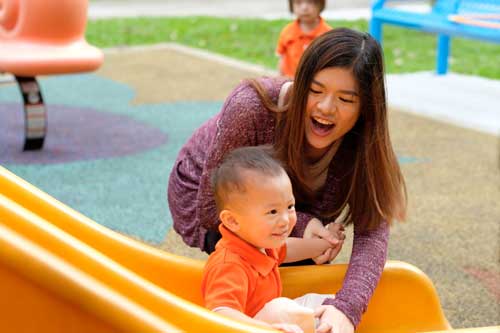
6. How does the preschool ensure a safe environment for my child?
Given the amount of time spent at the preschool each day, you need to be assured that your child is in good hands, in a safe and clean environment conducive for learning and growth.
Take note of the security measures that the preschool has in place. Does the school maintain a list of people authorised to pick up each child? What will the school do if someone not in the authorised list comes to pick up the child? Is emergency equipment such as first-aid kits and fire extinguishers within easy reach during times of need?
During the entire course of the day at school, is there a system in place to ensure proper supervision, so that no child is left unattended at any time? Is the school’s environment, including its furniture, play materials and classroom setups, also designed with the children’s safety in mind?
On the health and hygiene front, find out about the precautionary measures in place to minimise risk of diseases, and the follow-up action plan should there be an outbreak.
Precautionary measures could include daily temperature checks and regular disinfection of the school facilities. Children should also be taught to practise good hygiene such as washing their hands before meals, and after using the bathroom.
Another scenario would be if your child falls ill or is injured. What is the first course of action taken by the school – will you be contacted to fetch your child immediately, or will there be a visit made to the doctor first? Having staff members who are trained in CPR and administering first aid would be a plus point.
7. Is food provided in the preschool? If so, are the meals balanced and nutritious?
More often than not, children form their food preferences during their preschool years. So the types of food served in school would have a big impact on their dietary habits, and it is also how children learn to be open to more types of food, such as vegetables.
Enquire if meals and snacks will be provided, and what the food options are – are they nutritious and well-balanced? Is there a wide variety of food, or is the menu repeated weekly? How many meals will be served daily, and in what portion sizes?
Food can be prepared either by in-house cooks, or caterers. Having in-house cooks would be a plus point, as there’s better control of hygiene and nutritional value of the meal – less salt, less sugar etc.
Find out also if the school is accredited under the Health Promotion Board’s Healthy Meals in Preschools Programme (HMPP), which ensures the provision of healthier meals and encourages schools to educate children on eating right.
Lastly, if your child has allergy issues or special dietary requirements, do ensure that the school can cater to that. If it can’t, are you prepared to pack food for your child, and would the school allow it?

8. Can I get references from other parents?
In the course of your preschool shortlisting, you would have most likely done extensive research online. Before you make the final selection, check with the schools if you can talk to other parents whose children are currently enrolled there. Because what better way to get unbiased insights than straight from the horse’s mouth?
Find out what they like and dislike most about the school, and how their child feels about going to school there. Use the opportunity to allay any fears or clear doubts before you make the final decision.
